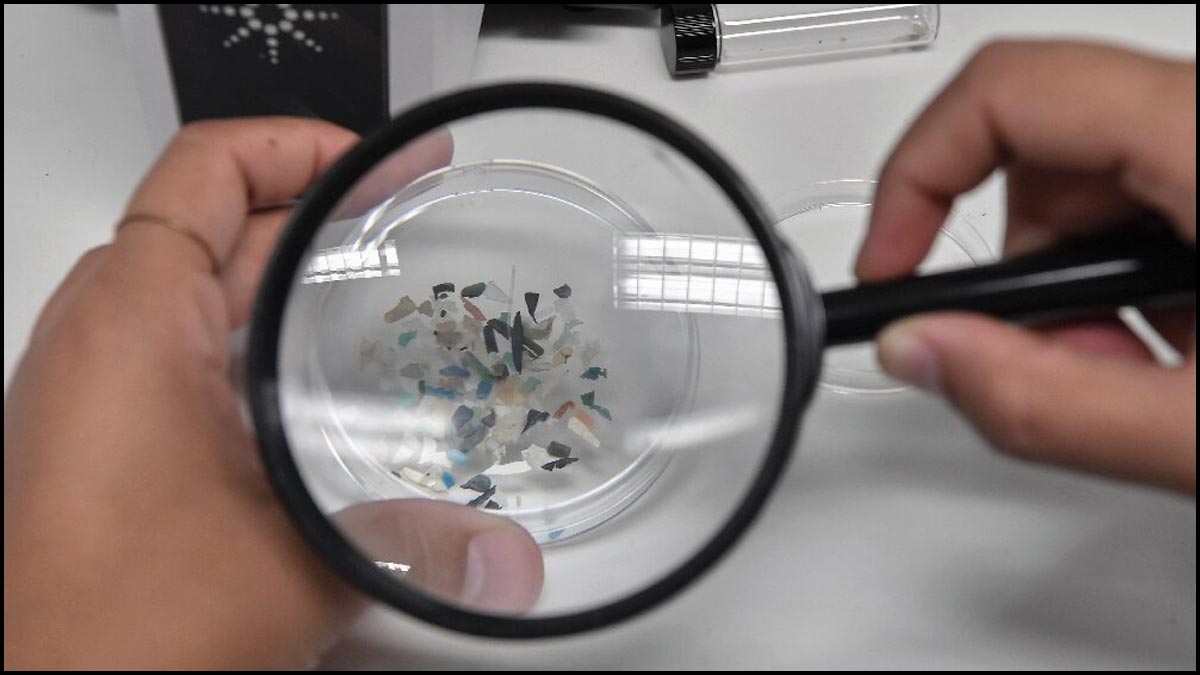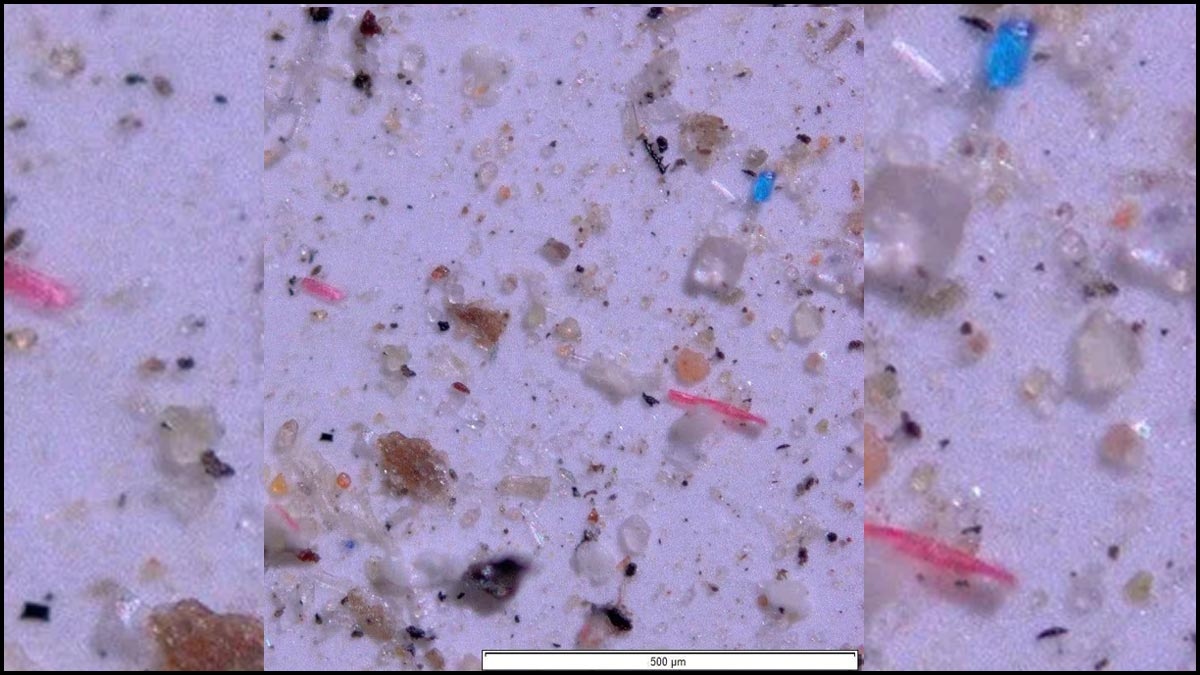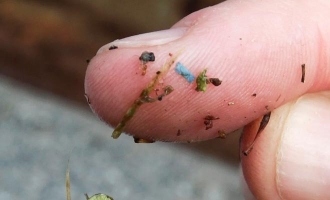Scientists find microplastics in human blood for the first time ever


Send us your feedback to audioarticles@vaarta.com



As per a study conducted by a group of scientists in the Netherlands, tiny particles of plastics, known as microplastics, have been detected in human blood for the first time ever. The particles were observed in nearly 80 percent of the samples tested by the researchers.
Scientists are currently working to find if there are going to be any long term impacts of the microplastics on an individual’s health but are apprehensive over the rising pollution levels across the world. According to the research published in the journal Environment International, blood samples from 22 anonymous donors were analyzed, among which 17 contained microplastics. These particles usually measure less than 5 mm in diameter.

While PET (Polyethylene Terephthalate), which is used in making bottles, was found in half of the samples, Polystyrene, which is widely used in food packaging, was found in 36 percent of the samples and polyethylene, used in packaging films and bags, was found in 23 percent of samples. “It is certainly reasonable to be concerned. The particles are there and are transported throughout the body," Prof Dick Vethaak, ecotoxicologist at Vrije Universiteit Amsterdam in the Netherlands, and lead author of the study, was quoted as saying.
“Good ventilation of the house is important because microplastic concentrations appear to be higher indoors than outdoors. I also cover my food and drinks to reduce the deposition of plastic particles,” he reportedly added. Even though the sample size and number of polymer researched will have to be increased in order to obtain a more reliable result, the professor explained that the study has, in fact, proven to be a breakthrough.
Follow us on Google News and stay updated with the latest!
-

Anvika Priya
Contact at support@indiaglitz.com




 Follow
Follow









-a3e.jpg)
-3c4.jpg)
-e5c.jpg)
-e66.jpg)
-71b.jpg)
-5d5.jpg)
-adc.jpg)
-798.jpg)

-7c2.jpg)































Comments